Find out the best things to do in Greek Sicily from a sophisticated, slow travel point of view. The where, what, how and when to discover Ancient Greece in Sicily. Even non-ancient-history-dorks will be amazed by the scale, power and destruction of the classical Greek world found in Sicily. This is your road trip guide for an eye-opening slow travel surprise.
photo Simon Maage
Temple at Segesta
Selinunte and Agrigento. Syracuse, by contrast, is alive and well and living on the east coast. Her Ancient Greek past is shrouded in layers of history but just as appealing. Connect the dots with a road trip from Erice and Segesta in the northwest, down to Selinunte and Agrigento on the west coast and then on to Syracuse on the west coast.
You will need one to two weeks in Sicily to see the five Greek cities covered in this guide. One week if you have zero interest in all the other wonderful things to be found in Sicily like Baroque Modica, Roman mosaics, Arab-Norman splendor and arancini. Read this to get an overview of those things. Two weeks is recommended and more in flow with your slow travel sensibilities. Then you’ll have time to smile at your co-pilot, not get mad when you miss the turn off and take a nap on the beach when you’re tired.
So much good stuff here, give yourself the time to enjoy it.
streets of Erice
me tell you about those walls. You will never guess who drew up the plans for the gravity defying fortifications that still stand today - Daedalus. Yes! That genius guy who designed the labyrinthine Palace of Knossos for King Minos and his Minotaur out in Minoan Crete and the same guy whose son Icarus impertinently flew too close to the sun in his father’s feathered flight suit.
Cautiously taking in the panorama from the cliffs hanging over the coastline below, I wonder if this high place is where Icarus leaped to his death, head full of ill-advised ambition. Maybe. But scholars tell us this high rocky place is the origin of the Venus cult later adopted by Romans. The temple of Venus Ericina was said to be founded by Aeneas (of fame), but Phoenician inscriptions dedicated to the eastern goddess Astarte suggest that the love/fertility goddess was worshipped from earlier times. Historical sources from the Hellenistic period tell us that families gave their young virgin girls to the cult to maintain social standing. These virgins were then obliged to provide ritual prostitution to “worshipers” who made donations. Some cult. No worder the patriarchal Romans wanted to take it back to Rome.
Erice
Favignana
SELINUNTE: 1-2 DAYS
Drive south 30 minutes along the coast to the town of Marsala and stop for lunch at Ciacco Putia Gourmet a casual local favorite in the old part of town dedicated to Marsalan specialties like stuffed grilled peppers. Marsala, or Lilybaeum if you’re an ancient Greek, was a central figure in the Punic wars between Carthage and Rome, but was actually founded by Phoenicians fleeing persecution on their sacred island of nearby Motya in 397 BC. While not technically a Greek state city colony like other Greek sites, Lilybaeum was an important trading port during the Hellenistic period. You can see a trading ship that sunk to the bottom of the harbor in 241 BC and other Punic War artifacts at the Museo Archologico Baglio Anselmi.
Get back on the road and head towards the town of Castelvetrano, about a 45 minute drive from Marsala. Check in at the Baglio Villa Sicilia where rooms are large and the menu fixe at outdoor restaurant is inexpensive and surprisingly good.
I recommend visiting the Selinunte Archeological site in the afternoon after 2pm or arriving right at 9am
Selinunte
AGRIGENTO: 2-3 DAYS
Start the day driving south on the coastal highway to Agrigento and stop when needed. If a lunch stop is needed, go to the Ristorante M.A.T.E.S which is not pretty but has some seriously good food. – homemade with love. If a swim stop is needed check out the Spiaggia Sorvareto and cool off in clear blue water and sandy beach.
Okay, okay, okay, but, OMIGOD, Agrigento is the main event of this tour. It’s what you want the Acropolis of Athens to be. It’s the kind of place that they show in travel brochures to make you feel like you are touching history. It’s big, it’s bold and it’s really not that crowded. Especially compared to the acropolis. Check this video for an overview of the site and you’ll see what I mean. When you’re done putting your eyeballs back in your head, continue reading for some helpful tips for visiting.
The only hotel situated in the Valley of the Temples archeological park is the Villa Athena. If you can’t get rooms there, find something in the modern town of Agrigento. Like at Selinunte and Segesta, avoid mid-day summer sun, wear a hat and bring water. Sunstroke is a real thing. The site is so big, give yourself two
Agrigento
SYRACUSE: 2-4 DAYS
Syracuse, on the east coast, was the second biggest city in Hellenistic Greece after Athens and the most important city in Magna Graecia. Founded in the 8th century BC as a Corinthian colony, it grew to be the light of the Greek world and was home to some of the greatest philosophers and poets of classical times. Described by Cicero as "the greatest Greek city and the most beautiful of them all", it equaled Athens in size during the fifth century BC and later became part of the Roman Republic and the Byzantine Empire.
Syracuse is the only city on our tour that has been continuously inhabited since Archimedes day. While the other cities are more or less self-explanatory archeological sites, Syracuse has hidden facets and surviving lore among the narrow medieval alleyways and behind the baroque facades. For example, the temple of Athena stands where it always has but is now incased in a 13th century Romanesque church, which in
I like the quiet views of Ortygia from the Bed & Breakfast Giuggiulena in Syracuse where the fresh homemade breakfast pastries on the sea view terrace is everything. Plus, you’re right next to the Zen Lounge and Jonico Restaurant. This very Italian mix of floating wooden sundeck beach, sunset drinks lounge and grandmother’s kitchen has everything you need for food and sea fun. Tell them Coco from Travellur sent you and ask them to point the way to the Latomia di Cappuccini – a complex of quarries dating back to the earliest days of the city. I would venture to say that quarry pre-dates city since the honey-colored limestone mined from the quarry was used to build the city. If old quarry sounds kind of boring, get one of the free guides and you will learn about crazy events that took place here. The story which stayed with me was of the 7,000 defeated Athenians imprisoned in the quarry after the Sicilian Expedition of 413BC. Thucydides writes of the tragedy:
"Those who were imprisoned in the quarries were at the beginning of their captivity harshly treated by the Syracusans. There were great numbers of them, and
Ancient Greece
is a place in Sicily
Sure! It was called Magna Graecia or greater Greece. What started out as intrepid colonies from Athens and Corinth became the greater part of the Greek world. Much of what and who we know of classical culture and history actually happened in Sicily. Archimedes had his big “eureka!” moment here and some of the best Ancient Greek temples are to be found in Sicily. Carthage and Rome duked it out over Sicily in the Punic wars. Even the Phoenicians, come from the shores of Syria, colonized areas of Sicily, way, way back where history meets myth.
Four major Greek cities lay in ruins around the northwestern corner and west coast of island. They would be Erice, Segesta and the aforementioned
photo by Don Fontjin
NORTHWEST: 2 -5 DAYS
Start out from Palermo and drive west towards the northwestern tip of the island. In an hour and a half, you find the town of Trapani sitting quietly at the foot of a steeply spiked mountain atop which Erice is perched like a hawk watching for prey.
Okay, okay, okay, Erice! Aaahhhh! I can hardly restrain my excitement to the page here!! If I were there telling you in person this is where I start screaming in your ear and foaming at the mouth. It’s a good thing for you we’ve got the world wide web creating a safe barrier between us.
The Erice creation myth claims that it was named after the Greek hero Eryx who was buried on or near this site after losing in a boxing match to Hercules. I’m in no position to debate what was happening 3000+ years ago when the first walls were built, so maybe there was death match boxing with Hercules in those days. But let
ramparts of Erice
The Greeks liked a good view and Erice is a spectacular example of that predilection. The first thing you’ll notice about Erice is its precarious position outlined against the Sicilian sky from the base of the hill. Get on the Funvia Trapani-Erice and, for a small fee, ride a cable car up to the rocky peak. Have your camera ready for sprawling views of Northeastern Sicily and the offshore islands of Favignana and Levanzo. When you get to the top, explore the town on your own or get one of our guides to peel back the centuries of history.
According to Thucydides, old Segesta was founded by Trojan refugees fleeing the destruction of their home in Anatolia. Archeological remains confirm a starting date around five hundred BC. Segesta was friendly with far away Athens and of course hated her neighbor Selinunte to the south. Things got nasty and she invited her Athenian homies to back up a war with Selinunte (the Athenian Expedition 415-413 BC) which was really part of the Peloponnesian War between Athens and Sparta. When the Athenian posse was defeated by Sparta’s buddy Syracuse, Segesta invited the Carthaginians to the war. This resulted in the total destruction of Selinunte in 409 by Hannibal Mago and centuries of Carthaginian rule of Sicily. In the end, both Segesta and Selinunte were more or less abandoned since the time of Christ. Which means the remains are easily digested and not confused with the debris of thousands of years of subsequent settlement. Today the temple at Segesta stands upright and impressive, a silent witness to man’s futile machinations.
Book the Giardino di Costanza in Trapani for a five-star base to visit Erice and Segesta. Maybe add a night or two on the island of Favignana at the exclusive Dimora Cala del Pozzo for a far-flung island experience that’s only an hour ferry ride away.
Selinunte
right when they open if you are visiting in the summer months. The sandy seaside archeological site is sun drenched and dry with no concession stand selling parasols and cold drinks. Prepare accordingly. Seven major temples are spread over a 270-hectare site, the largest in Europe. Minor temples and private villas lining grand avenues leading to the religious and political center on the acropolis. In the What impressed me the most as I hopped around the ginormous toppled columns at Selinunte is not only how these massive stones were put into place, but also the terrible force that destroyed it. Somehow bronze age destructive power is awe-ful as the creative genius that built the city.
nights and an entire day to visit. There are small electric carts that can take you some part of the longest stretches of walking. But pacing it out with your own two feet gives you a better idea of the size of the city that lies below each step. During the hottest hours of the day, take a beach break at the nearby Scala di Turchi where gleaming white cliffs cascade into turquoise sea. Legend has it that Moorish sea pirates would land here on their raids and clamber up the staircase-like beach, thus the exotic name “Turkish stairs”.
turn is enveloped in an opulent baroque exterior. Dive into the history of an unusual water feature called the Fountain of Arethusa and you’ll discover that this whispering spring is where the nymph Arethusa resurfaced after escaping from her undersea home of Arcadia. Meanwhile, the Temple of Apollo still holds sway in the center of town, its perimeter fringed with hipster cafés and art galleries.
Most of the exigent Greek sites are in Ortygia, a small island connected to the mainland by several short bridges. The island is so small, ten minutes of walking will take you to the other side. Of course there is a fifth century BC Greek Theater where the plays of Epicharmus and Aeschylus were performed.
“Despite its abandoned state, it remains one of the most beautiful locations in the world, offering the most grandiose and picturesque spectacle that there is.”
— Vivant Denon, Voyage en Sicile, 1788
view from the Bed & Breakfast Giuggiulena
Zen Lounge
they were crowded in a deep and narrow place. At first the sun by day was still scorching and suffocating, for they had no roof over their heads, while the autumn nights were cold, and the extremes of temperature engendered violent disorders. The corpses of those who died from their wounds, exposure to heat and cold, and the like, lay heaped one upon another. Every kind of misery which could befall man in such a place befell them.”
when to go IN SICILY:
You will have reliable sunshine and warm temperatures May through October and pleasant sea swims June through September. Large cities like Palermo and Catania are crowded and busy with the added crush of tourists mid-July though August. Good news is, all of the archeological sites are mostly empty. I am grateful to have the place to myself, but totally don’t understand. Best two weeks of the year? The second half of June, or the first half of September.
WE GOT THIS:
Yes, I just gave you a bunch of free information that will help you book a fantastic journey to the heart of Ancient Greece. But if you want discounted prices on all the accommodations and a high-quality custom itinerary for you and yours, contact Travellur for custom travel planning. Do it yourself or save money and time. Totally up to you.
You might like this slow travel overview of Sicily which includes other places not covered here. Places with baroque churches, pretty views and the best granita in the world.
You may also like…
Protect yourself and your loved ones and secure your next trip to Europe with
Plan your European road trip with ease, find out everything you need to know about the
Need a romantic escape
or honeymoon?
We deliver itineraries!

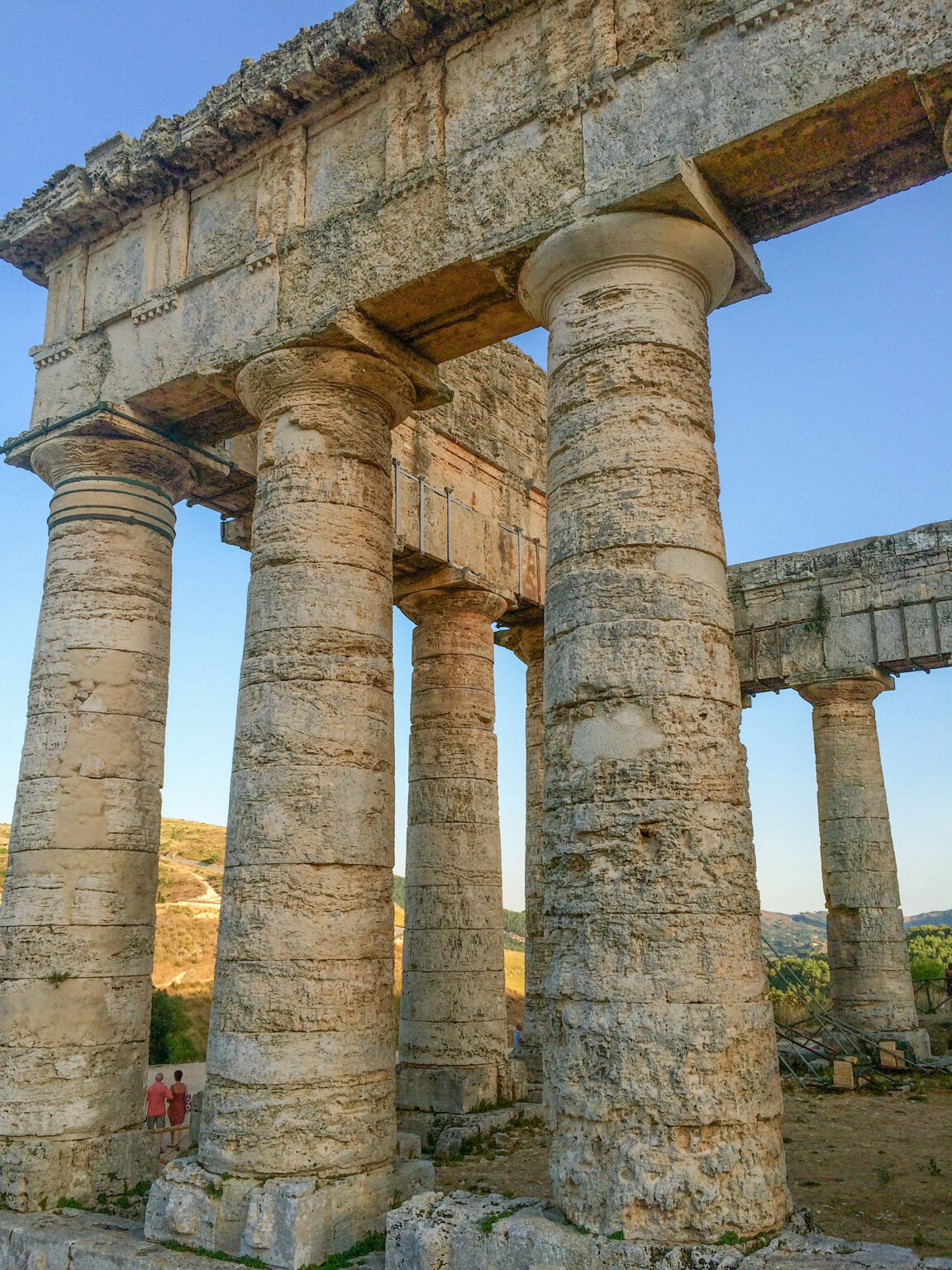
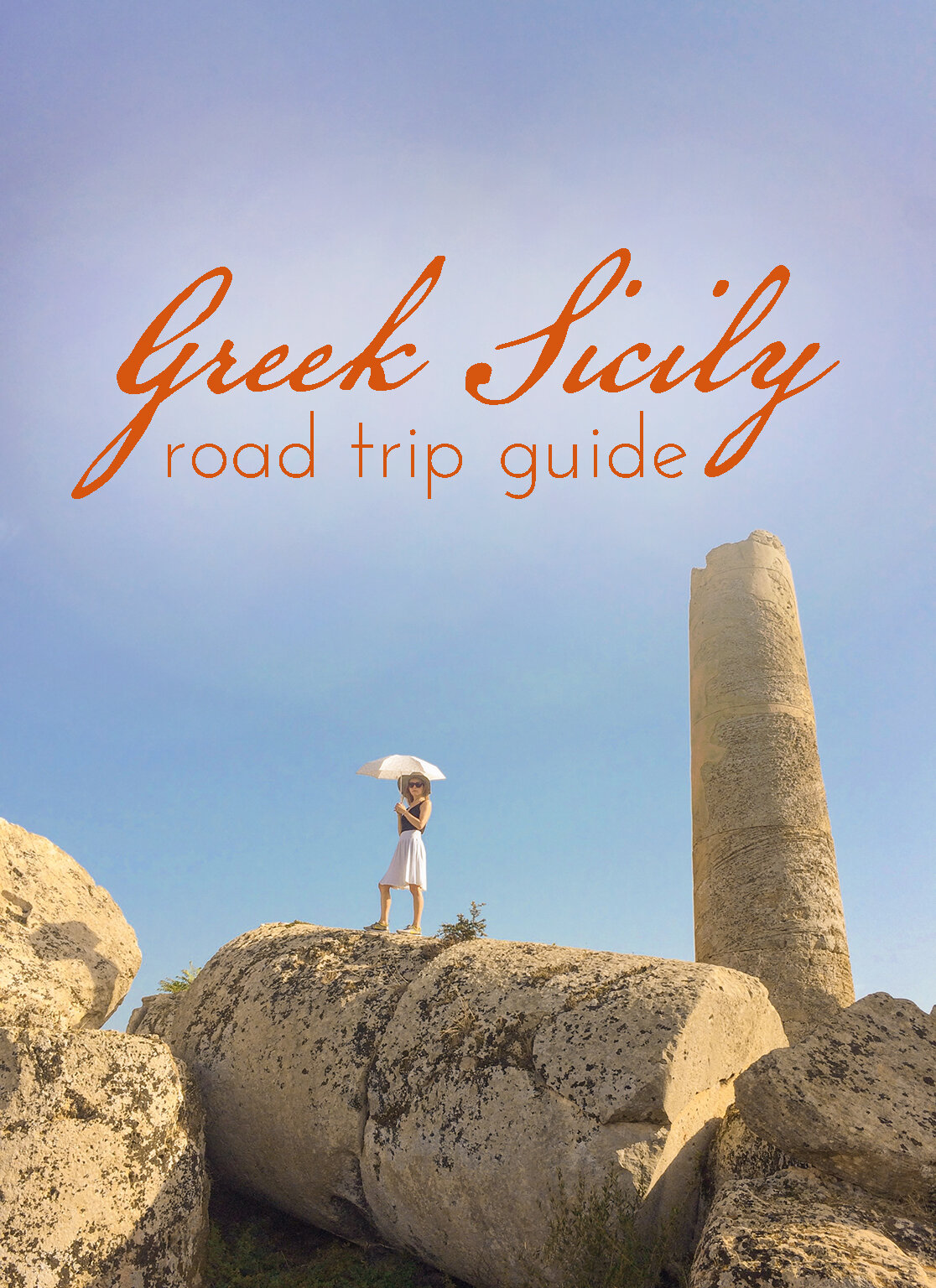
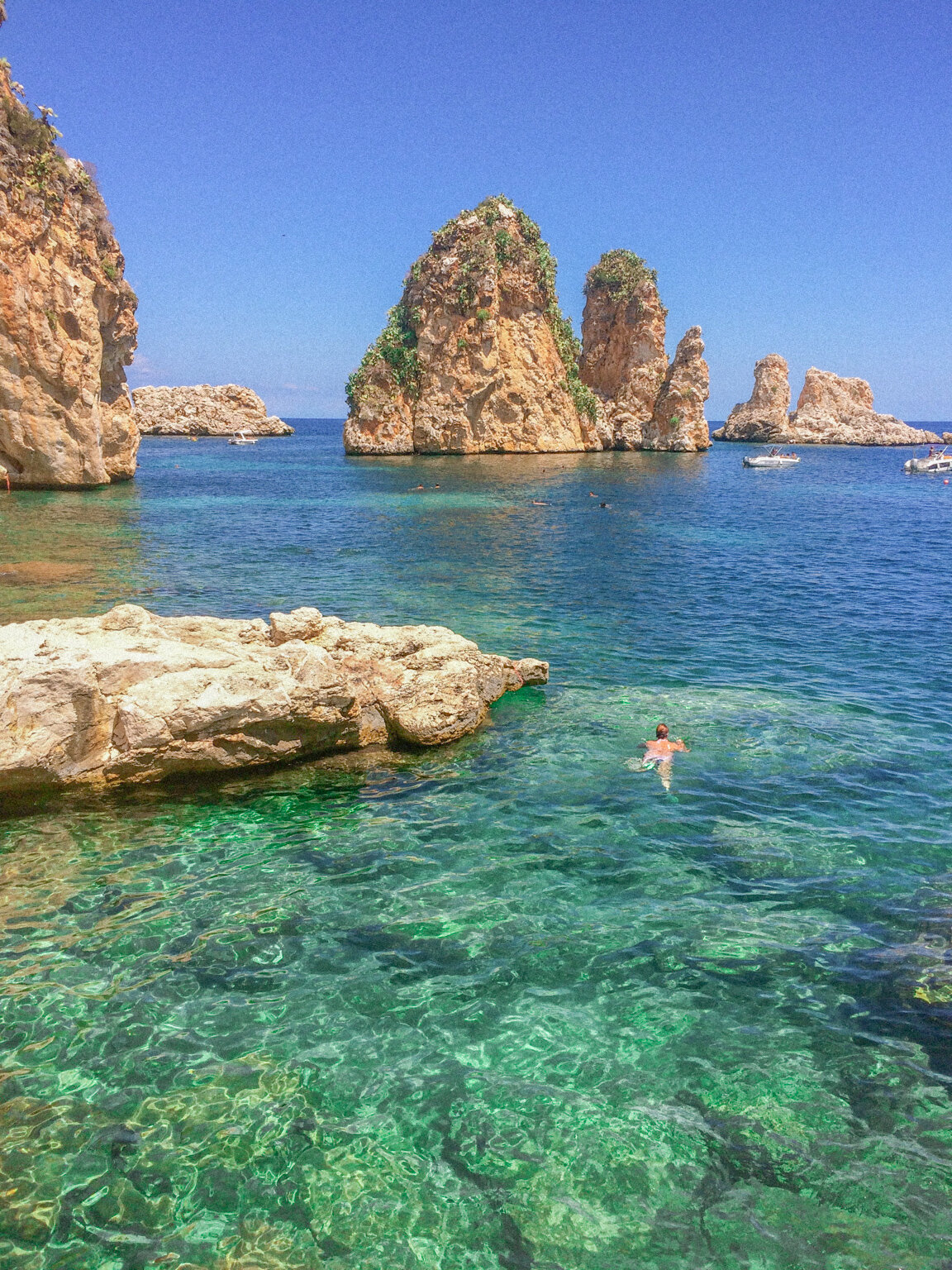








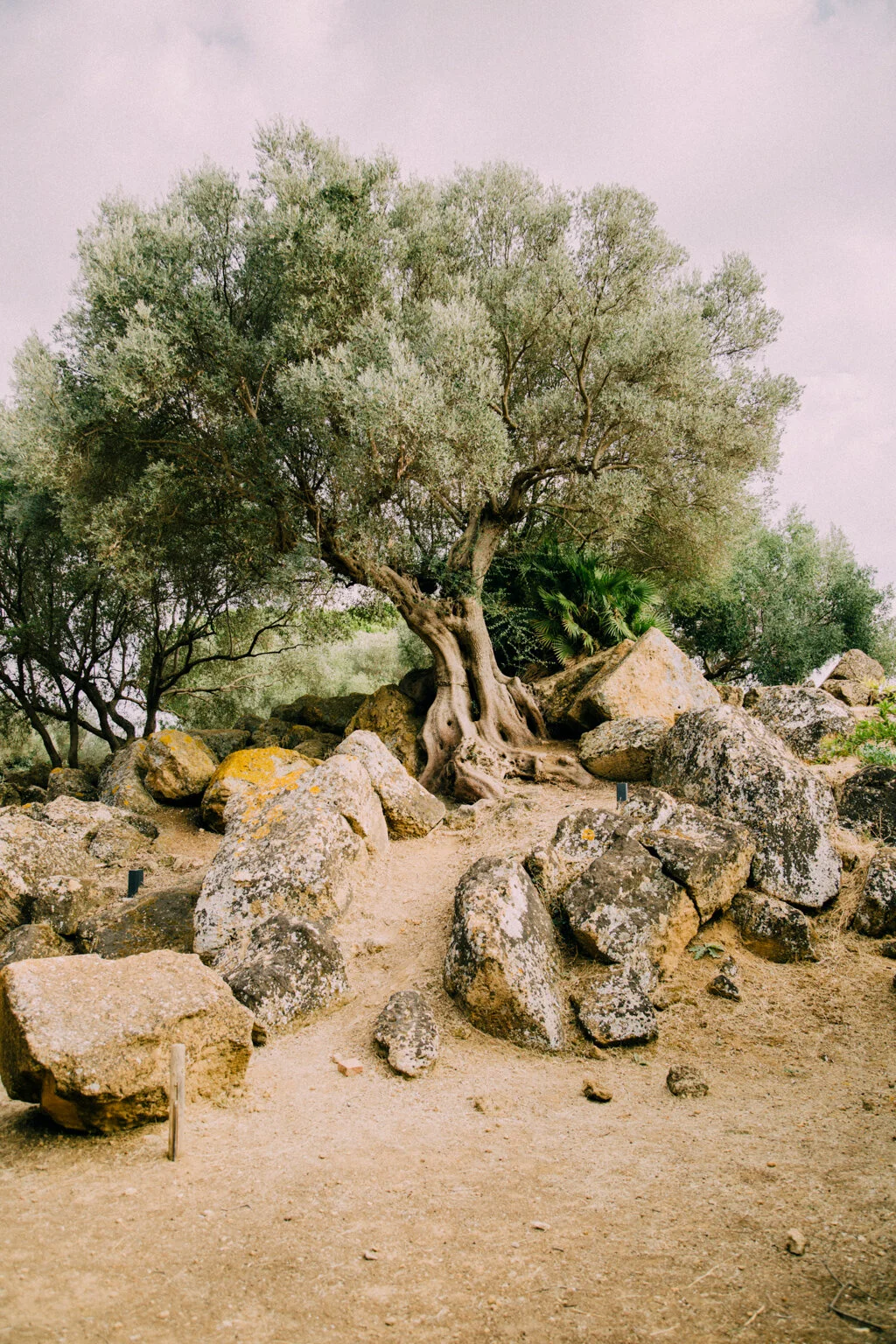






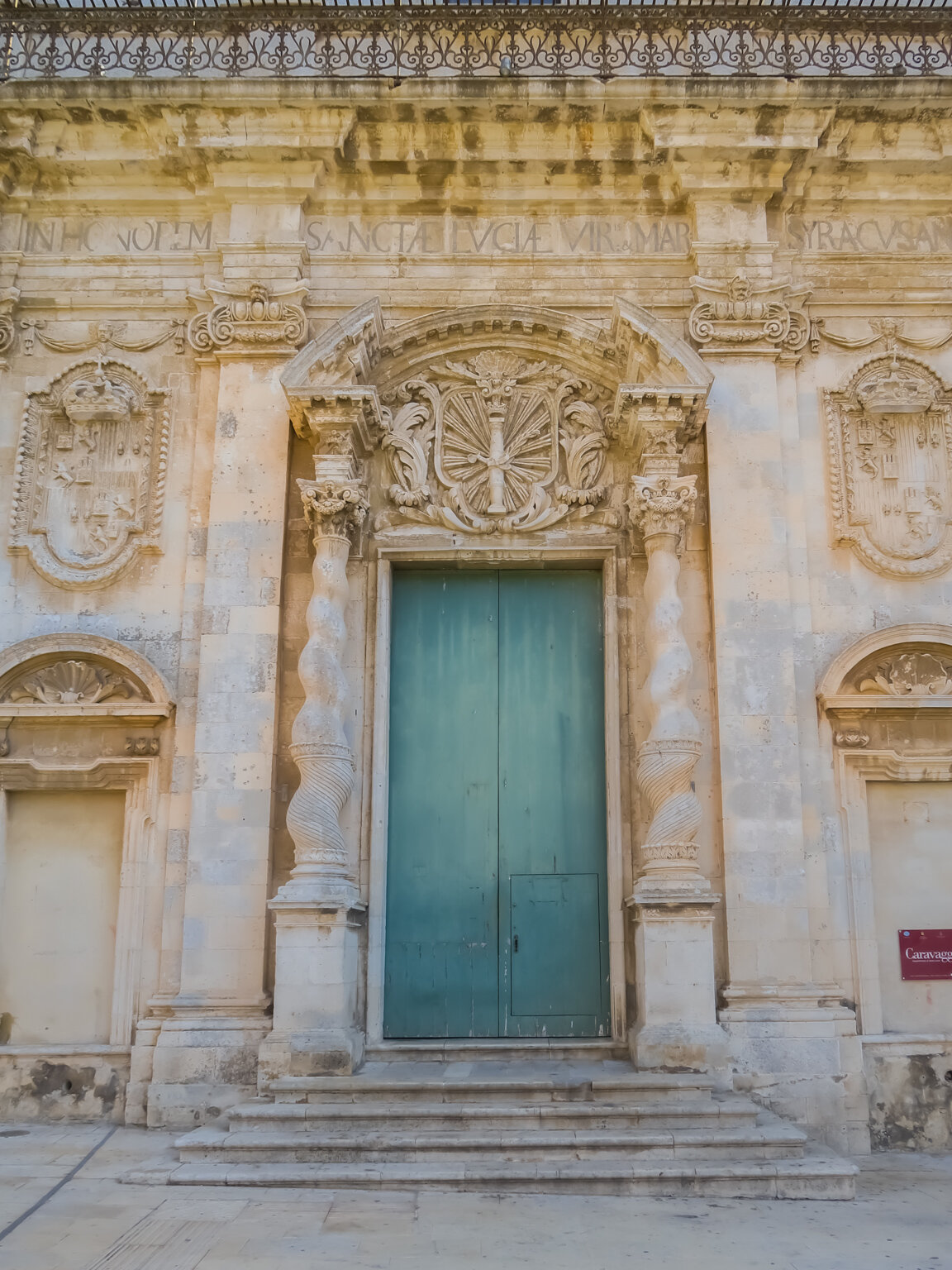
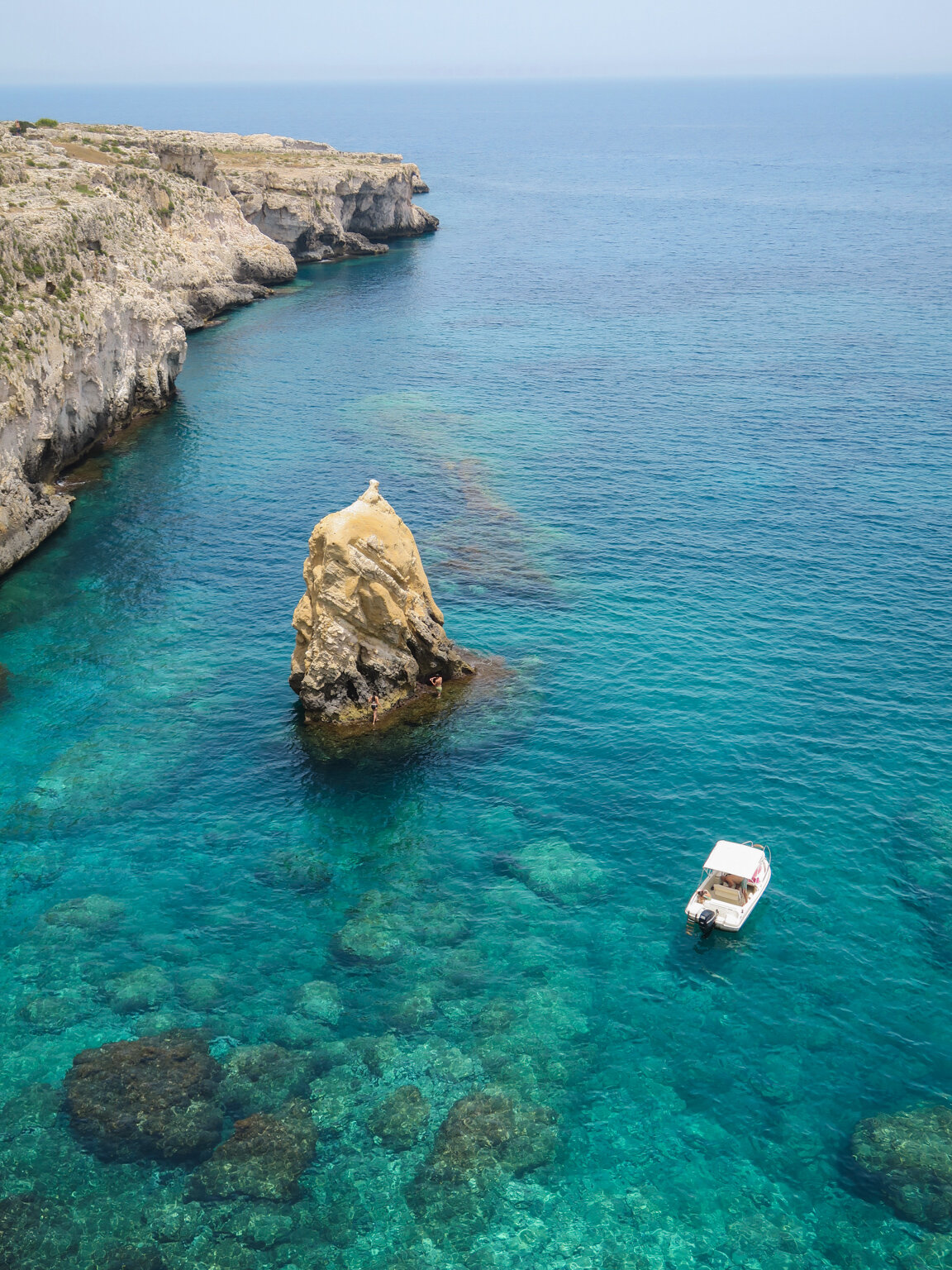
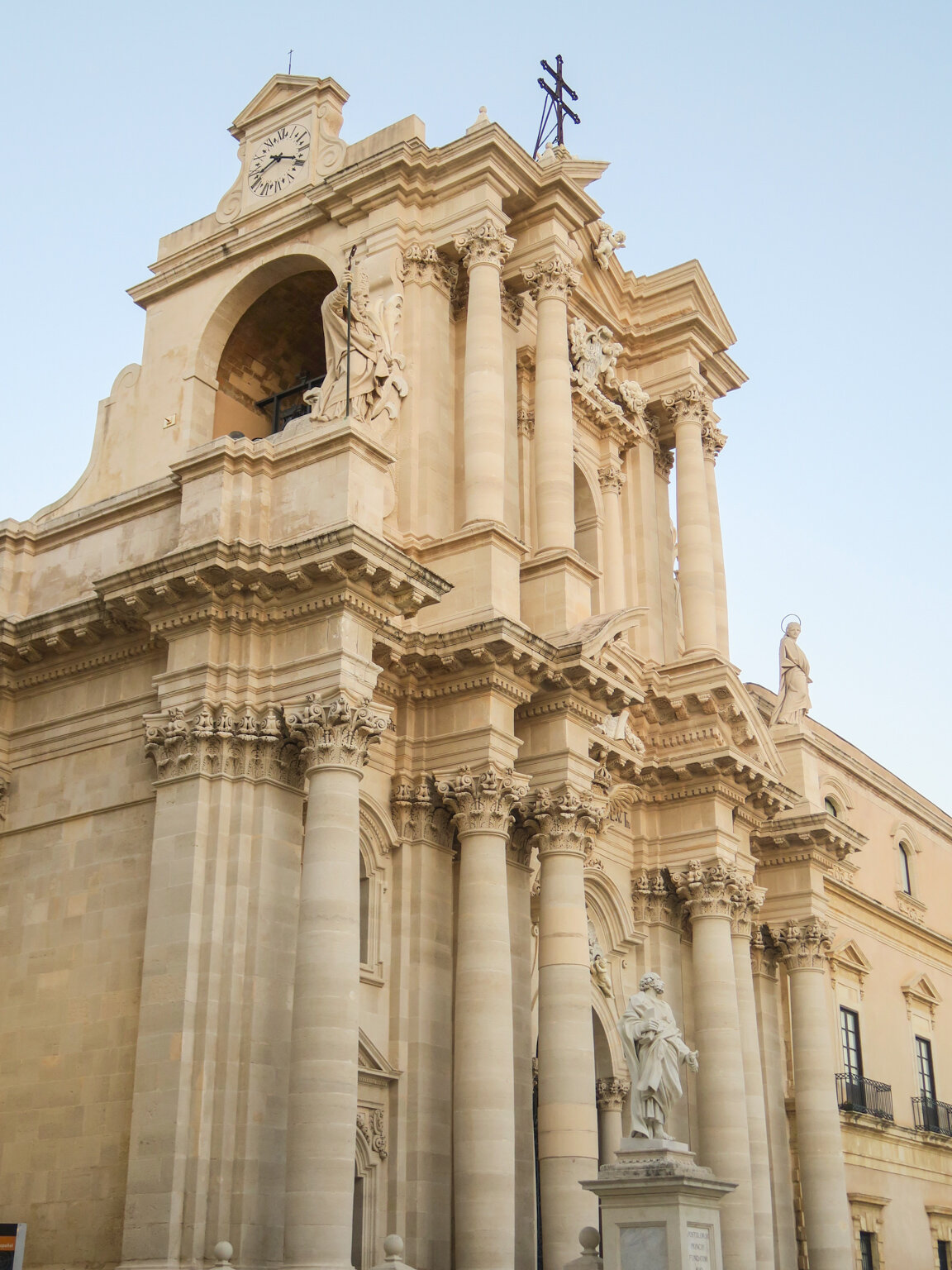


![- [ ] Need a romantic escape or honeymoon? We deliver romantic itineraries! Custom Travel Planning](https://images.squarespace-cdn.com/content/v1/574492793c44d831afc0e073/3545570f-771c-4612-bd19-f0d445d58526/European%2Bspecialist%2BTravel%2BAgent%2BBest%2BDestination%2BHoneymoon%2BSpecialist%2BTravel%2BPlanner%2BEurope%2BFrance%2BWedding%2BPlanner.jpg)











